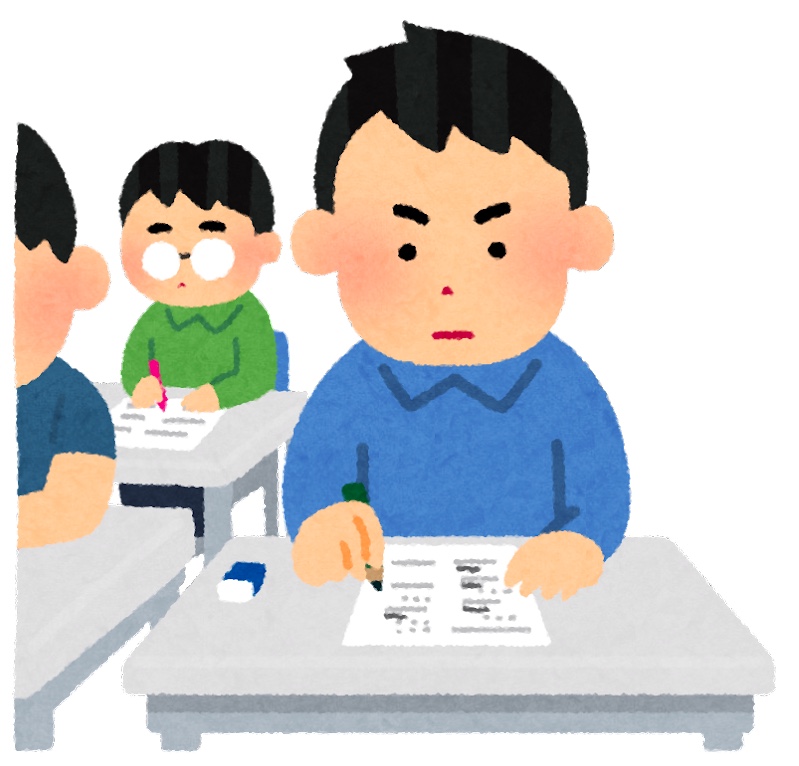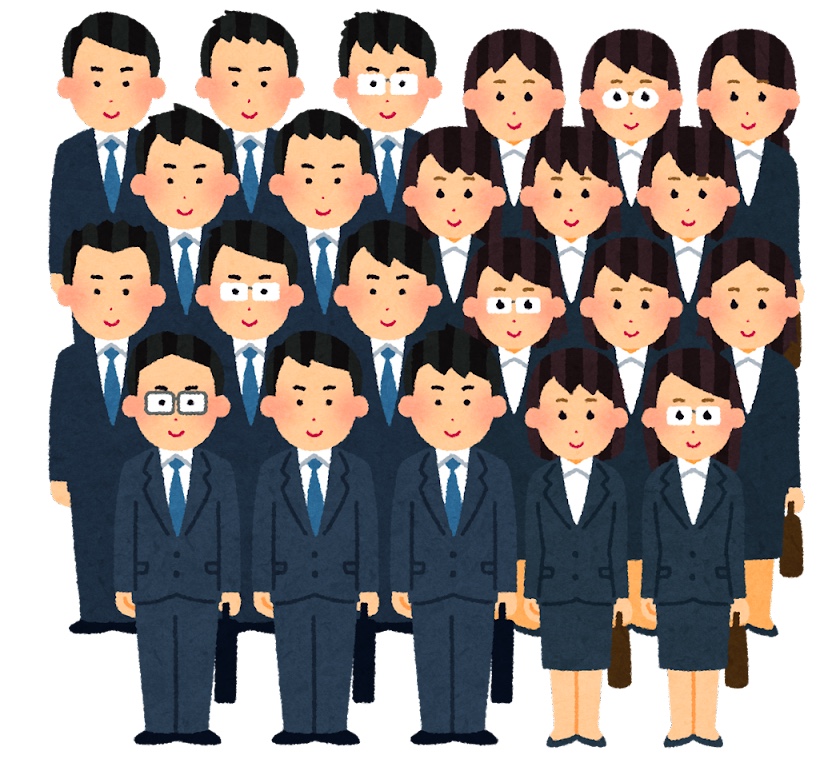Not many people study at universitIES in Japan. Some people only go to university once a week. And even when they do attend, many of them are sleeping or doing other things. In this article, I will explain why this is the case.
The university system

In Japan, once you have enrolled in a university, there is basically no transfer between universities until you graduate. Some students do transfer, but they are in the minority.
In contrast, American universities offer a wide range of transfer options, which require course adjustments and a student’s GPA.
In the US, students often start out at a two-year community college, work hard to achieve a high GPA, and then move on to a higher-level state university.
Some students change their major midway through their studies, so the first university or department you enter is not necessarily your final goal.
In Japan, there is generally no transfer between universities, except for students who use the transfer system.
Therefore, getting a good grade at university is mainly due to the evaluation of what you have learned, and in the extreme, you do not necessarily need to get a “good grade” in order to graduate normally.
Assessment of reports

In many Japanese universities, students are not given detailed information about the criteria for evaluating reports and other grades. In the U.S., students are given detailed written information about what the professor is looking for in the report, including the major elements of grammatical accuracy, logic, and precision, as well as what exactly logic means.
The students know exactly what is expected of them, and if they are unclear about something, they ask the professor.
If you are not satisfied with the way a report you have written according to the guidelines has been graded, you can often go straight to the professor.
Final examinations

One of the most important points to remember is that in Japanese classes, the final exam is often a major part of your grade.
In Japan, many students think that if they can just get through the final, they can somehow get credit. This means that students are expected to consistently get good grades on tests and write high-quality reports.
There is probably not much difference between the US and Japan in terms of the amount of time spent studying before the end of term, but there is a big difference in terms of the amount of time spent studying on a regular basis. (instead of on a regular basis you can say; DURING THE TERM)
Surrounding Environment
Many universities in the USA, for example, are located in the countryside, far from the cities, and often form a single university town.
In comparison, many universities in Japan, such as those in Tokyo and Osaka, are usually located in urban areas or within easy commuting distance of home by train, although there are some so-called university towns.
This is made possible by the convenience and development of public transport in Japan, but the urban location also means that there are many other temptations to study. (instead of to study; there are many temptations that can interfere with studies)
In contrast, some universities in the USA are state-funded and have libraries, dormitories, sports facilities, and medical facilities to ensure that students can study and live their daily lives without disruption.
Part-time jobs are also common, such as working in university-related cafeterias and libraries, and basically, everything that university students do is designed to be basic (if you are referring to what is designed for them to do during part-time jobs, you can use SIMPLE instead of basic) so that students can concentrate on their studies.
Therefore, no matter how much entertainment you want, it is not within the environment, and you will have to concentrate on your studies.
Employment system

Japanese companies generally recruit in April. After you are hired, you will be trained for a while and you will be nurtured very well.
On the other hand, in Europe and the United States, open positions are adopted, and the concept of “newcomer” does not exist so much in the first place.
Of course, there is a training period, but rather than training recruits (a recruit is a new member so there is no need to say new again) as is the case in Japan, the content of what they learn at university is put to good use.
Also, some students travel the world for a year or so after graduating from university, and because THEY don’t have a blanket hiring policy in April like IN Japan, THEY hire all year round, so STUDENTS can start working at any time.




Comments